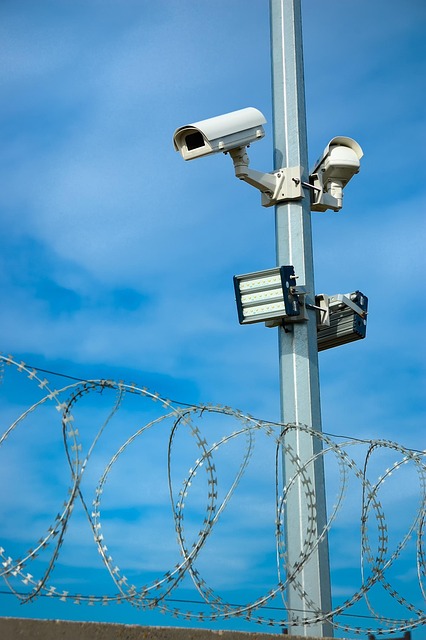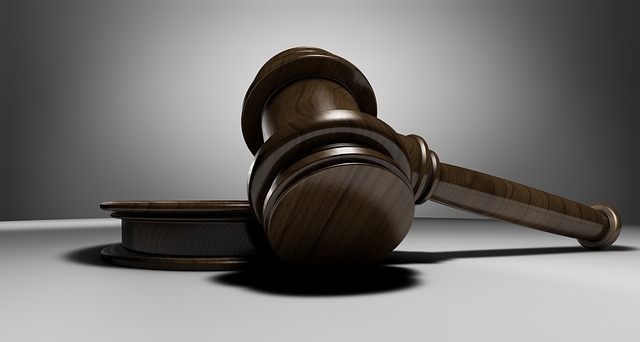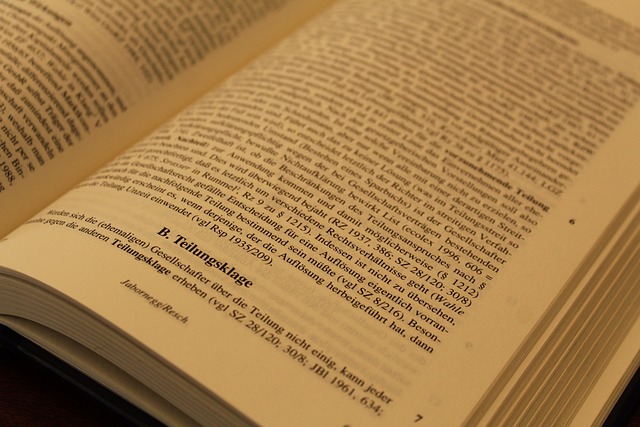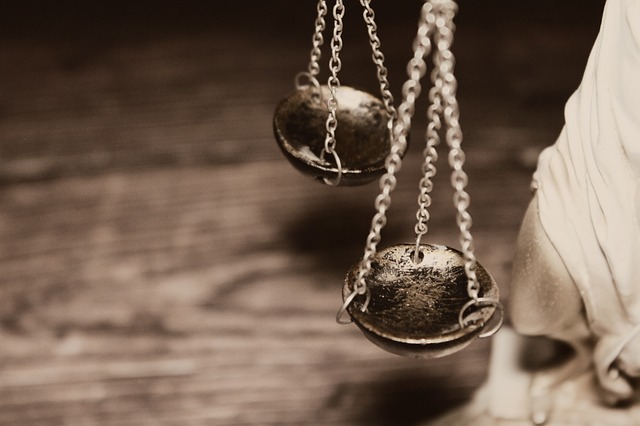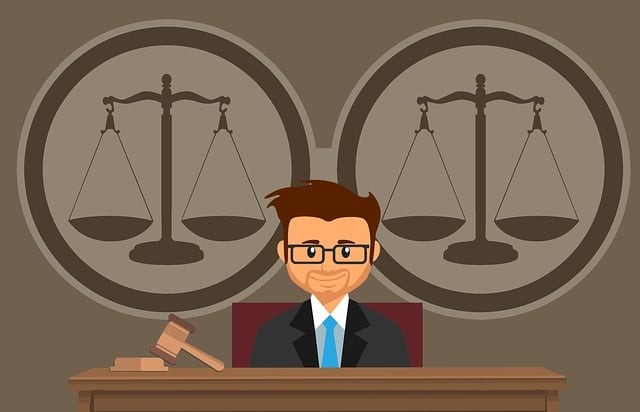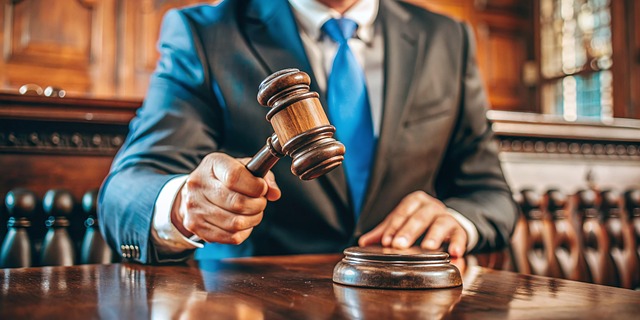Understanding legal rights is key to building an effective criminal charges defense. Individuals facing accusations need to know their fundamental rights, such as the right to remain silent and legal counsel, to make informed decisions and protect against violations. Defense attorneys gather evidence, scrutinize police reports and witness statements, and develop strategies like challenging evidence admissibility or presenting alternative explanations. They aim to construct a compelling narrative ensuring fairness and favorable outcomes in court. Mitigating factors are crucial during sentencing, with strategies highlighting personal circumstances that reduce culpability or lessen sentence severity. Legal experts interpret laws, analyze evidence, and use tactics to challenge prosecution cases, ultimately pursuing just outcomes while protecting defendants' rights.
In the face of criminal charges, understanding and protecting your legal rights is paramount. This comprehensive guide delves into the crucial aspects of criminal defense strategies, from laying a solid foundation with knowledge of your rights to navigating complex legal landscapes. We explore key stages, including gathering evidence and building a robust case, and delve into effective defense tactics for challenging prosecution evidence. Additionally, we uncover mitigating factors and sentencing options, emphasizing the vital role of legal experts in ensuring fairness throughout the process.
- Understanding Your Legal Rights: The Foundation of Criminal Defense
- Early Stages: Gathering Evidence and Building a Strong Case
- Effective Defense Strategies: Challenging Prosecution Evidence
- Mitigating Factors and Sentencing: Options for a Favorable Outcome
- The Role of Legal Experts: Navigating Complexities and Ensuring Fairness
Understanding Your Legal Rights: The Foundation of Criminal Defense

Understanding your legal rights is paramount in any criminal defense strategy. When faced with criminal charges, individuals often feel overwhelmed and uncertain about their next steps. The first crucial step is to familiarize yourself with the fundamental rights guaranteed under the law. These include the right to remain silent, ensuring that anything you say cannot be used against you, and the right to legal counsel, allowing you to consult with an attorney who will advocate for your interests.
Knowing these rights empowers individuals to navigate the complex legal system effectively. It enables them to make informed decisions, understand their options, and protect themselves from potential violations during the investigation and trial processes. Awareness of one’s legal rights forms a solid foundation for developing robust defense strategies tailored to each unique case.
Early Stages: Gathering Evidence and Building a Strong Case

In the early stages of a criminal defense, one of the most crucial tasks is gathering evidence and constructing a robust case strategy. Effective defense attorneys begin by meticulously examining all available information related to the case. This involves reviewing police reports, witness statements, forensic evidence, and any other relevant documentation. By thoroughly understanding these initial facts, lawyers can identify potential weaknesses in the prosecution’s case and develop strategic defenses.
Building a strong case requires creative problem-solving and an in-depth knowledge of legal precedents. Defense strategies may include challenging the admissibility of evidence, questioning witness credibility, or presenting alternative explanations for the accused’s actions. The goal is to present a compelling narrative that protects the rights of the individual facing criminal charges, ensuring a fair trial and the best possible outcome.
Effective Defense Strategies: Challenging Prosecution Evidence

In a criminal defense, challenging the prosecution’s evidence is a crucial strategy for any lawyer aiming to protect their client’s rights. This involves meticulous scrutiny of every piece of information presented as evidence against the accused. The goal is to identify and exploit weaknesses, inconsistencies, or potential biases in the prosecution’s case. Lawyers can question the reliability and credibility of witness testimonies, challenge the admissibility of physical evidence, and scrutinize forensic analyses for any signs of error or manipulation.
Effective defense strategies often rely on building a compelling alternative narrative that raises reasonable doubt in the minds of the jurors. This may involve presenting expert testimony to counter the prosecution’s claims, exploring potential motivations for witness statements, or uncovering exculpatory evidence that was previously overlooked. By employing these tactics, criminal charges defense strategies aim to ensure a fair trial and protect the rights of the accused.
Mitigating Factors and Sentencing: Options for a Favorable Outcome

In criminal defense, mitigating factors play a crucial role in shaping the outcome of a case, especially during sentencing. These factors provide a window of opportunity for legal professionals to present alternative narratives and argue for a more lenient punishment. By employing creative defense strategies, attorneys can highlight aspects that reduce the accused’s moral culpability or mitigate the severity of the crime. This may include personal circumstances, such as economic struggles, family obligations, or psychological conditions, which could have influenced the individual’s decision-making process.
Understanding and presenting these mitigating elements effectively are key to crafting a compelling defense. Skilled lawyers can leverage this approach to negotiate plea deals or persuade the judge to impose a sentence below the recommended range. Such strategies not only ensure a fair trial but also offer a chance for a more just outcome, especially when balanced against the weight of criminal charges.
The Role of Legal Experts: Navigating Complexities and Ensuring Fairness

In any criminal charges defense, legal experts play a pivotal role in navigating the complexities of the justice system. They are the guardians of fairness and due process, ensuring that every defendant’s rights are protected throughout the legal battle. These professionals employ strategic defense mechanisms tailored to the unique circumstances of each case, focusing on constitutional rights, evidentiary rules, and procedural safeguards.
Their expertise lies in interpreting laws, analyzing evidence, and constructing compelling arguments to challenge the prosecution’s case. By leveraging defense strategies that include suppression of illegal evidence, questioning witness credibility, and exploiting procedural errors, legal experts level the playing field. Ultimately, their goal is not merely to defeat accusations but to secure a just outcome, ensuring that justice is served without compromising the integrity of the criminal charges defense process.


